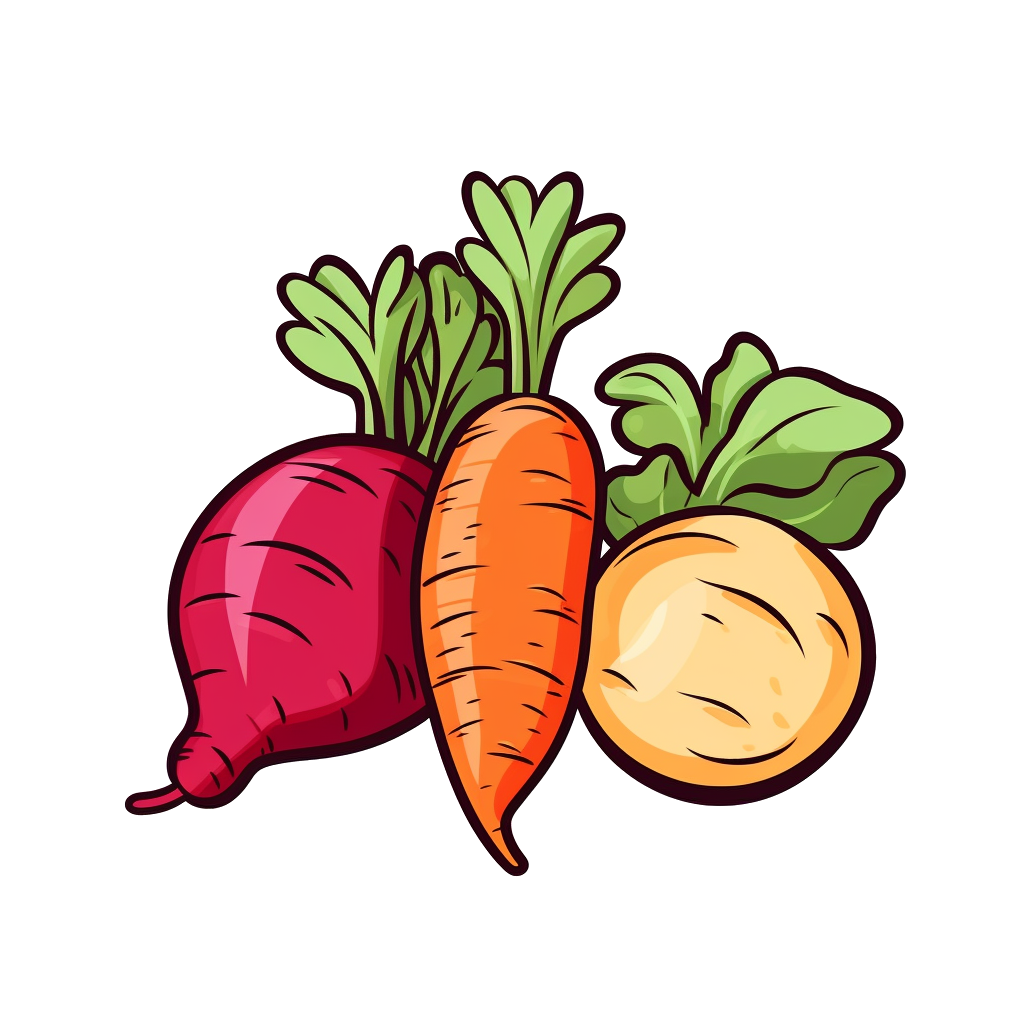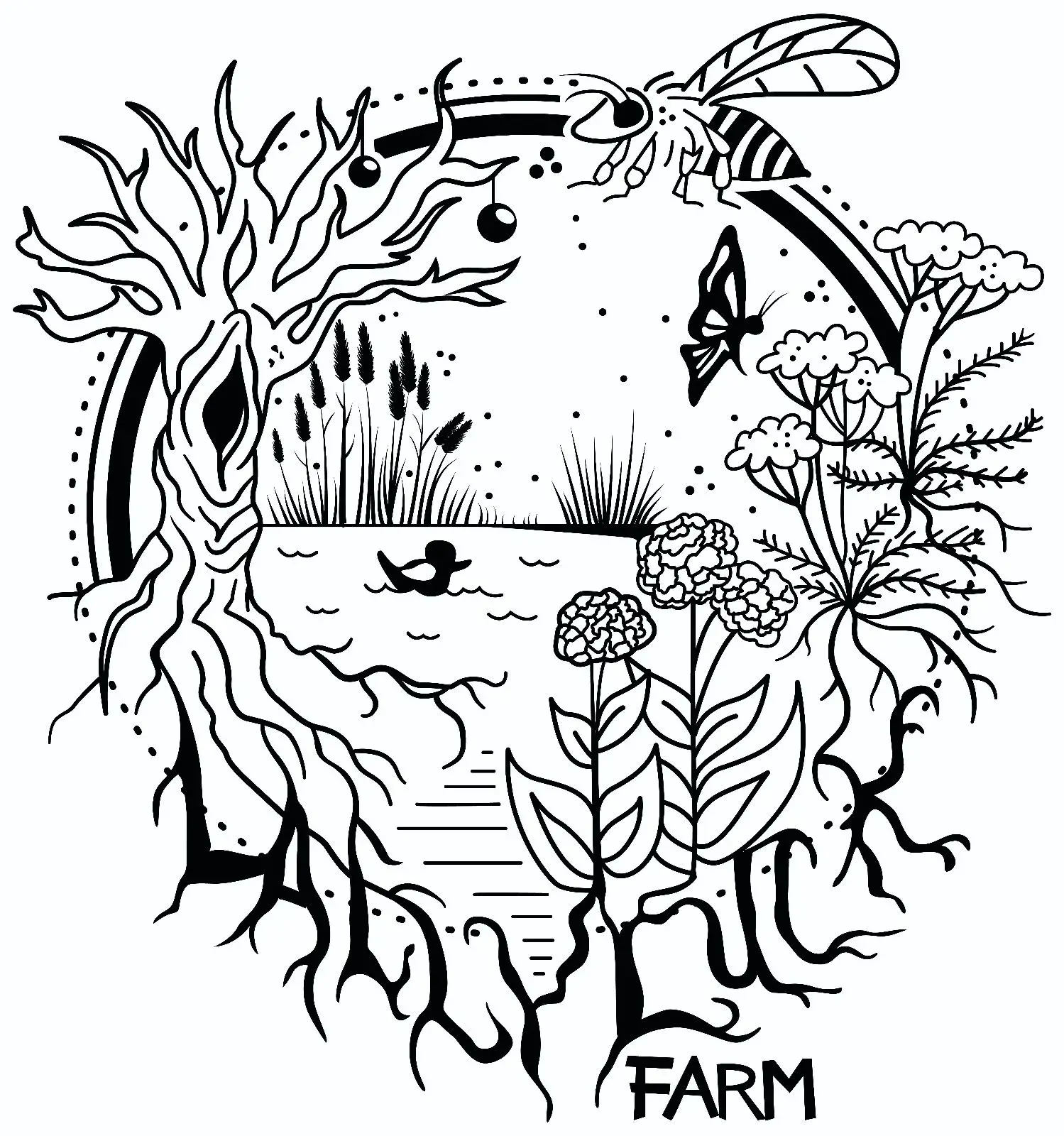Potential sources for them would also be appreciated. The weirder and more niche, the better. Edit: I’m in hardiness zone 13b
Some stuff I already have: Basil Mint Tomatoes Sage Lemongrass Marjoram Coleus caninus Cuban Oregano Passion Fruit Pumpkin Honeydew Avocado Cashew Coconut
Putting in a bioregion or something like a USDA zone (better if it’s Trewartha) would be very helpful for folks to know what to recommend. Here is a spreadsheet I made from the appendix in Edible Forest Gardens Vol. 2 if you would like too many options. This list is geared for the Northeastern US, so it is not exhaustive and may not apply to your circumstances.
Something I enjoy growing is Carolina Allspice, Calycanthus floridus. We strip and dry the bark for use as a cinnamon-y allspice type spice, whether grated or just used to stir a drink
Thank you for this awesome resource! Though I don’t live in that area, it certainly is useful. Oh, and I did add my hardiness zone. Don’t know how I missed that
Personally, I love citrus and fig trees. Figs are great because growing them is the only reliable way to get great ones
I’ve been eying some figs for awhile. I have a very small citrus seedling. Don’t even remember what fruit it came from (probably a lemon), though it’s very fragrant
Rub a leaf between your fingers. The smell can tell you sometimes which fruit you’ll get. Other than that you need to wait to find out.
In terms of citrus I can recommend satsumas, my 2y old tree gave me about 40 fruits this year alone and they taste great.
Satsumas look really cool. I love mandarin oranges. Any specific suppliers you recommend?
Here are some that come to my mind: Epazote, ramsons, nopal, chaya, sour orange, turmeric, many gingers, galangal, Sichuan pepper, cinnamon, cardamom, mamey, black sapote, guaya (Melicoccus bijugatus), jícama
Some very interesting picks! I actually have quite a bit of Chaya outside, but I haven’t sampled it yet. It was here long before I got here. There was also a sour orange tree, but it succumbed to a whole host of issues that I couldn’t even begin to identify. The flowers smell divine though. I notice that you have several plants from the ginger family on your list. Any tips for growing them? I’ve been failing rather hilariously with any attempts just working with the usual stuff from the grocery store.
I think that the videos on ginger and turmeric from “Self Suficient Me” have valuable information: https://www.youtube.com/watch?v=PE32IxRIgow https://www.youtube.com/watch?v=bFHQir72ams
I have experience growing small plants of ginger, turmeric, and galangal in pots - if I bury the store-bought pieces in soil mix I get young plants with no problem. Unfortunately my luck ends there, because I don’t have the space nor access to the weather to grow large healthy plants, and eventually they do stall when winter comes.
Try some tea! Camellia sinensis
Mine is a little over a year and a half old, and it just flowered for the first time! I have made 1 (one) cup of tea from it so far (:
Which Köppen-Geiger or Trewartha climate zone? USDA hardiness zone 13b could be the Brazilian Amazon or the southern coast of Tamil Nadu or somewhere in Somalia… If I recommend mangosteen, and you live in Somalia, then I’m complicit in the death of the queen. Specific climate info please!
I think I’m somewhere around As for Koppen-Geiger
Asmeaning dry summer? Oof. Those droughts are the worst. Here’s a quick-and-dirty list. For the sake of easy management, I won’t list any vines or short-lived plants. Trees and shrubs and palms only. This is by no means exhaustive. No guarantees of accuracy.More Suitable
Depending on the exact temperatures and precipitation at your site, as well as the soil, these would probably do well.
- Adansonia digitata (savanna / dry forest)
- Anacolosa frutescens (mixed forest)
- Annona senegalensis (savanna / gallery forest)
- Antidesma bunius (mixed forest)
- Breynia androgyna (humid forest edge)
- Byrsonima crassifolia (savanna / open woodland)
- Canarium schweinfurthii (rainforest or gallery forest)
- Carissa macrocarpa (open woodland / scrub)
- Chrysophyllum lacourtianum (semi-deciduous forest)
- Citrus hystrix
- Citrus japonica
- Citrus × latifolia
- Citrus × limon ‘Improved Meyer’*
- Citrus × nobilis*
- Citrus × sinensis*
- Cordiera sessilis (gallery forest / savanna woodland)
- Dillenia indica (evergreen rainforest or gallery forest)
- Ficus carica* (dry forest / savanna)
- Flacourtia indica (dry forest)
- Garcinia xanthochymus (humid forest)
- Limonia acidissima
- Mangifera indica*
- Morinda citrifolia
- Morus macroura
- Mouriri guianensis (rainforest, mixed forest, savanna)
- Myrciaria tenella (seasonal forest)
- Pometia pinnata (open woodland / gallery forest)
- Pouteria gardneriana (gallery forest)
- Pouteria macrophylla (coastal moist forest)
- Pouteria venosa (savanna / dry forest / moist forest)
- Sclerocarya birrea subsp. caffra (dry forest / savanna woodland)
- Sonneratia caseolaris (tidal muck)
- Spondias dulcis (secondary forest / dry forest)
- Spondias purpurea (secondary forest / open woodland)
- Syzygium samarangense (rainforest or high water table)
- Terminalia catappa (dry forest / mixed forest)
- Ximenia americana (dry forest / scrub)
- Ziziphus mauritiana* (dry forest / savanna / scrub)
More Questionable
These plants might be suitable depending on the specific climate conditions at your site. Some of them would not do well with too much rain in the wet season, while others would always require irrigation in the dry season. Some of them could survive the climate just fine, but fruiting is questionable due to the wet and dry seasons being inverted. Many more plants native to
Awregions could probably be included here, but these seem (potentially) more suitable for dry summers.- Alibertia edulis (savanna / open woodland)
- Allagoptera arenaria (sand dunes / scrub / coastal forest)
- Allagoptera caudescens (savanna / open woodland)
- Annona squamosa* (secondary forest / open woodland)
- Ardisia compressa (humid forest)
- Artocarpus heterophyllus* (rainforest / gallery forest)
- Canarium album (mixed forest)
- Ceratonia siliqua (dry forest)
- Dovyalis caffra (savanna / scrub / open woodland)
- Eugenia luschnathiana (deciduous forest / open woodland)
- Flacourtia jangomas (mixed forest)
- Genipa americana (moist forest / gallery forest)
- Inga spectabilis* (moist forest / gallery forest)
- Malpighia emarginata (moist forest)
- Manilkara zapota* (moist forest / gallery forest)
- Morus alba
- Nauclea xanthoxylon (high water table)
- Nephelium lappaceum (moist forest)
- Nephelium ramboutan-ake* (moist forest)
- Opuntia ficus-indica (open drylands)
- Plinia cauliflora × aureana
- Porcelia macrocarpa (secondary/seasonal moist forest)
- Pouteria grandiflora (secondary/seasonal moist forest)
- Punica granatum (steppe / dry forest)
- Syzygium aqueum (moist forest / gallery forest)
- Syzygium jambos (moist forest / gallery foret)
- Vangueria madagascariensis (open woodland)
* highly recommended if your conditions are suitable
Without knowing where you are, I can’t recommend any seed/plant sources, but feel free to ask for more information about any of the plants that I listed. I also recommend these resources for information about food forests, especially in your climate.




